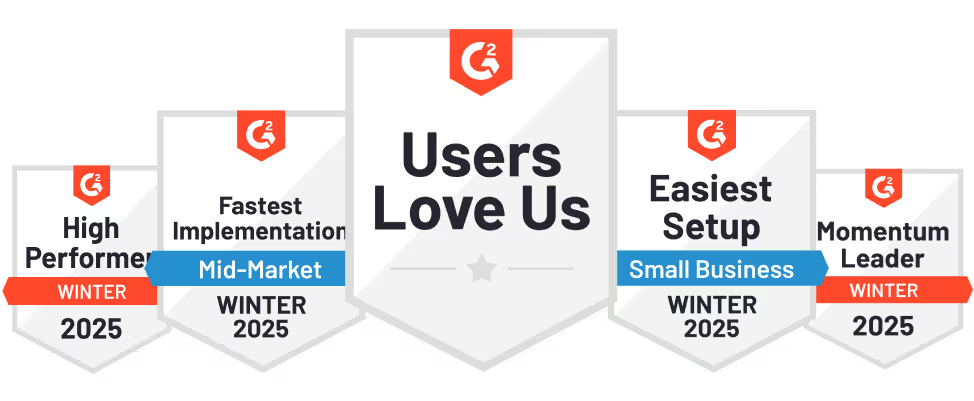If you’re running Meta Ads (Facebook Ads) the same way you did two years ago, you’re already behind.
In 2025 and beyond, performance marketers won’t just need good creatives and clean targeting, they’ll need to think more like engineers, lean harder on automation, and build smarter systems for a privacy-first, AI-powered world.
Here’s what’s changing, and what to start doing now to stay ahead.
1. AI-Powered Ad Creatives
Meta isn’t just a distribution engine anymore. It’s fast becoming a creative partner.
With the rise of AI-generated text, video, and dynamic creative optimization, marketers will be able to generate dozens of asset variations at scale, then let Meta test and serve what works best.
What’s changing:
- Meta’s Creative Optimization tools will auto-mix headlines, descriptions, and visuals based on performance
- Generative AI (inside Meta’s tools or externally) will enable hyper-relevant ad copy at scale, personalized by segment or user behavior
- Brand teams will move from “What do we say?” to “Which version performs best for which persona?”
What to do now:
- Start testing multiple copy and creative variations using Dynamic Creative Ads
- Use AI tools to generate alternative headlines, angles, or visual concepts
- Stop thinking in ads, start thinking in creative systems
2. Campaign Automation
Meta’s Advantage+ suite is going to keep expanding. And whether you like giving up control or not, automation is where the platform is heading.
Advantage+ campaigns use machine learning to:
- Automatically test ad variations
- Expand audience targeting beyond your manual setup
- Distribute budget across ad sets based on performance
Why it matters:
- You’ll spend less time setting up campaigns and more time optimizing strategy
- Meta’s AI will get better at predicting which audiences, placements, and creatives drive results
- Manual campaigns will become the exception, not the default
What to do now:
- Start experimenting with Advantage+ Shopping or Advantage+ App Campaigns if you haven’t yet
- Trust, but verify: run A/Bs between manual and Advantage+ to see where AI helps vs. where it over-extends
- Build creative libraries Meta can pull from (videos, headlines, images)
3. Privacy-First Advertising
The days of relying solely on third-party cookies and pixel tracking are numbered. With evolving privacy laws, browser restrictions, and Apple/Android crackdowns, first-party data is your most valuable asset.
Meta’s shift to Conversions API (CAPI) and server-side tracking is a direct response to this.
What’s changing:
- Pixel-only tracking will continue to degrade in accuracy
- iOS updates and browser limitations will further reduce match rates
- First-party data (emails, event triggers, CRM signals) will become the backbone of accurate attribution
What to do now:
- Integrate CAPI alongside your Pixel
- Build a strong first-party pipeline: gated content, newsletter signups, trials
- Use email lists and offline conversion uploads to close the attribution loop
4. Short-Form Video is the Default
Reels. Stories. Vertical. Silent autoplay. Whatever name you give it, short-form video isn’t a trend, it’s the new format of attention.
Meta is now prioritizing Reels in its feed algorithm, and advertisers who adapt fast will get lower CPMs, higher engagement, and cheaper reach.
Why it matters:
- Reels are cheaper to distribute than Feed placements
- Viewers engage more with mobile-first, vertical content
- Short-form builds brand familiarity, especially for younger, mobile-native buyers
What to do now:
- Create vertical-first videos under 30 seconds
- Hook viewers in the first 3 seconds with text overlays or punchy visuals
- Repurpose UGC-style content, quick explainers, or motion-graphic loops
- Test Reels placements even for B2B, especially in retargeting
.svg)


